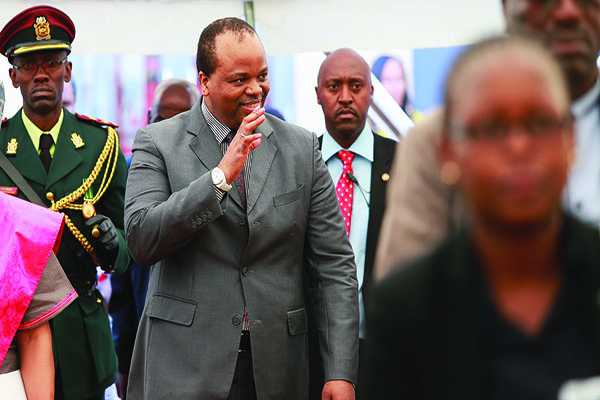SACU prioritises industrial development
The Ministerial Task Teams have been directed to prioritise industrial development and develop concrete cross-border projects in the five-member Southern African Customs Union (SACU).
According to a communiqué from the recent Summit held in Swaziland, this is a means to promote industrialisation and ultimately ensuring that the region is able to optimise economic benefits to withstand global economic shocks. For Botswana government, the development comes at a very crucial time as it relies mainly on two volatile revenue streams, mineral revenues (which account for almost 40 percent of total revenue) and South African Customs Union (SACU) customs revenues (27 percent of total revenue).
A report made by the World Bank highlights that the decline in SACU transfers will persist due to the weak economic outlook for South Africa. It says however that the substantial fiscal savings and international reserves will provide the country with ample space to gradually adjust expenditures to the SACU shock in the long run, and to provide counter-cyclical stimulus in the near term.
The meet also reaffirmed the importance of SACU as an organisation in deepening regional economic integration, industrialisation and economic diversification of SACU economies as a common goal as well as positioning SACU to take advantage of regional and global economic developments.
The summit, which was chaired by King Mswati III of the Kingdom of Swaziland, and was attended by Jacob Zuma, President of South Africa, Mokgweetsi Eric Keabetswe Masisi, Vice President of Botswana and Carl Schlettwein Namibia’s Minister of Finance, noted and endorsed the Work Programme, based on the outcomes of the 3rd Ministerial Retreat which outlines detailed activities, key deliverables and the timelines within which the proposed activities will be undertaken.
The endorsed Work Programme is set to focus on the review and development of a suitable architecture for tariff-setting, rebates, duty drawbacks and trade remedies; a review of the Revenue Sharing Formula and the long-term management of the Common Revenue Pool; the establishment of a Stabilisation Fund and exploring the feasibility of a financing mechanism for regional industrialisation and identifying financing options for regional projects.It also adopted SACU5/S/DC and the development of public policy interventions to promote and align industrial development and value chains. At the event, delegates commended the Council of Ministers for establishing two Ministerial Task Teams on Trade and Industry, and on Finance, including the approval of their Terms of Reference, to facilitate the urgent implementation of the Work Programme.
“SACU economies experience similar economic challenges, which can be better dealt with in an integrated manner within the region. In this regard, the Summit directed the Ministerial Task Teams to prioritise industrial development and develop concrete cross-border projects to promote industrialization to ensure that the region is able to optimise economic benefits to withstand global economic shocks,” they emphasised.
Meanwhile, Botswana will be the Chair of SACU, effective 15 July 2017 to 14 July 2018, taking over from Swaziland.






